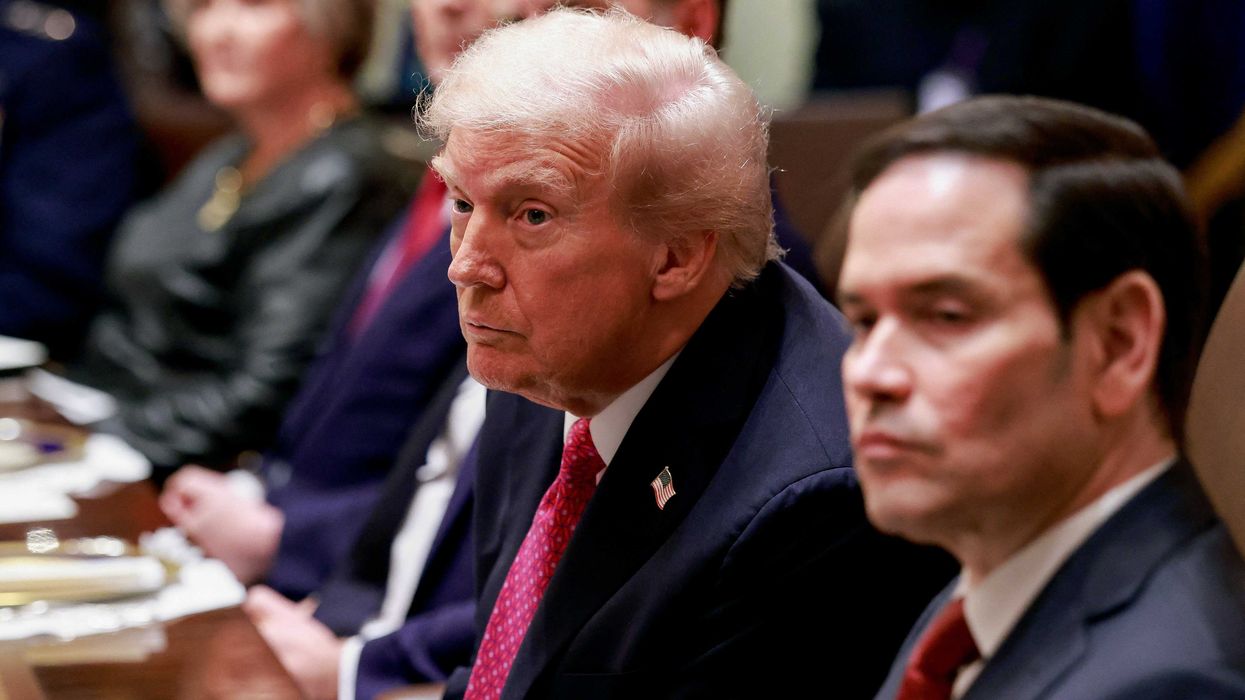U.S. President Donald Trump continues to order military strikes against Venezuelan boats that he claims are transporting illegal drugs bound for the United States. Trump is defending the strikes as necessary to protect Americans, but many of his critics are denouncing the attacks as "extrajudicial killings."
In an article published on October 25, Salon's Sabrina Haake warns that Trump appears to be moving in the direction of a much broader military action against Venezuela —including, possibly, a regime change operation designed to oust leftist President Nicolas Maduro.
Harvard University history professor Dennis M. Hogan, in an op-ed for the New York Times published the same day, argues that Trump is hoping for a "quick and easy victory" with Venezuela but will encounter a difficult uphill battle instead.
"As the Trump Administration doubles down on its campaign against Mr. Maduro, officials may very well have in mind Washington's last overthrow of a Latin American leader, also accused of ties to the narcotics trade, Gen. Manuel Noriega of Panama, in 1989," Hogan explains. "It was an operation many hailed — wrongly, in some respects — as a quick and easy victory that ousted a repressive strongman and led to his imprisonment for drug trafficking. The situation in Venezuela is far different, and seeking regime change there could be disastrous for the United States and the region."
The historian lays out a variety of reasons why overthrowing Maduro would be so difficult for the U.S. in Venezuela.
"To begin with," Hogan notes, "the contrasts between Panama and Venezuela: Panama is a small country with a population at the time of the invasion of fewer than three million people…. Venezuela is a sprawling, geographically diverse country with a population of nearly 30 million. The United States maintains no military installations there, and it is not home to a strategic asset like the Panama Canal, unless you include oil reserves. Venezuela's neighbors Colombia and Brazil have been at odds with the Trump Administration."
The Harvard professor continues, "As policy analysts across the political spectrum have argued, the likeliest outcome of a U.S. invasion that topples Mr. Maduro is a surge in regional instability, and, according to a recent report by the Stimson Center, a worsening of the conditions leading to drug trafficking, conflict and migration…. Even in Panama, where circumstances in 1989 were favorable to America's aims, the operation was neither bloodless nor painless, nor completely successful. How much more serious will the consequences of such adventurism be in Venezuela?"
Dennis M. Hogan's full op-ed for The New York Times is available at this link (subscription required).


